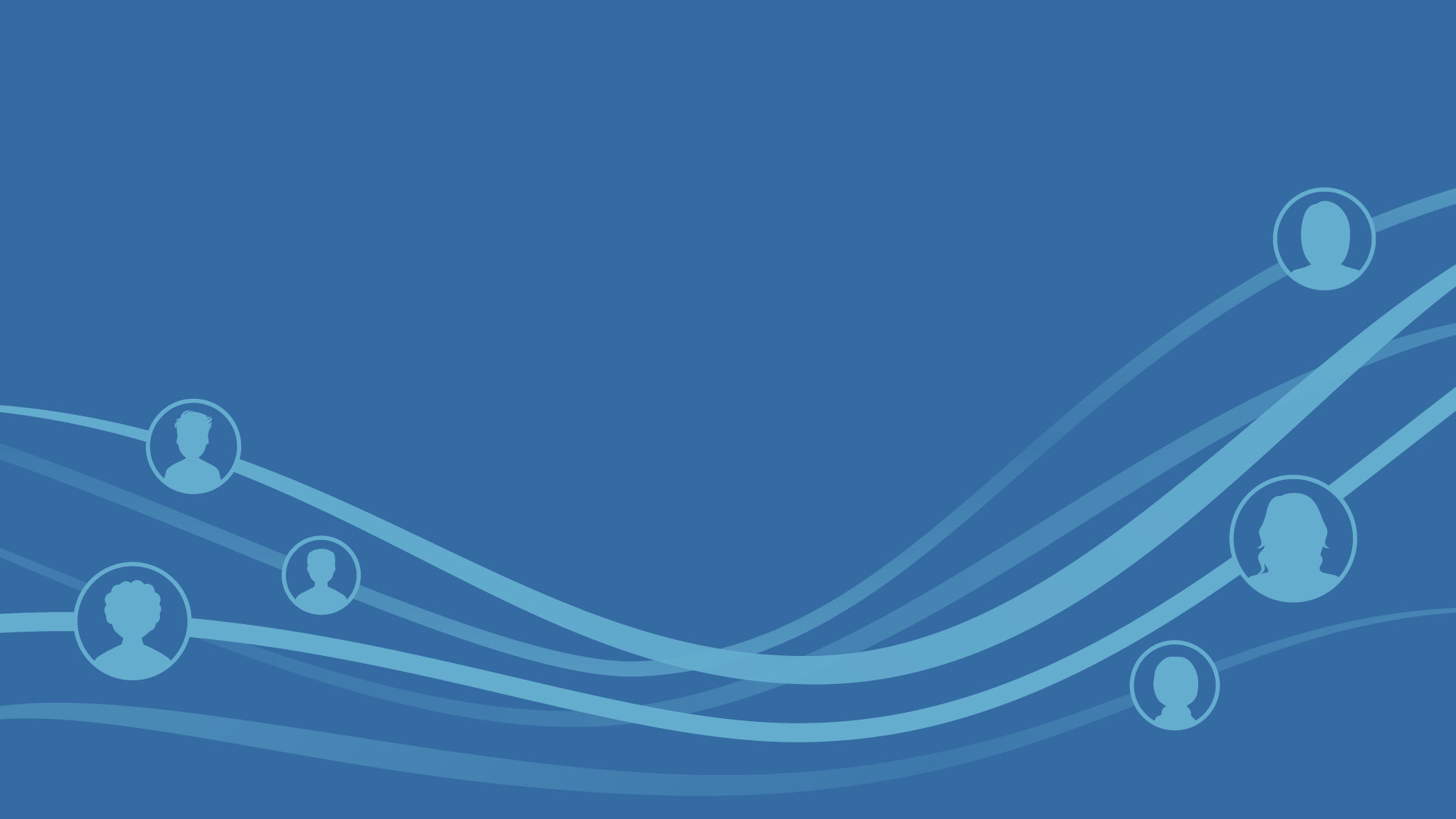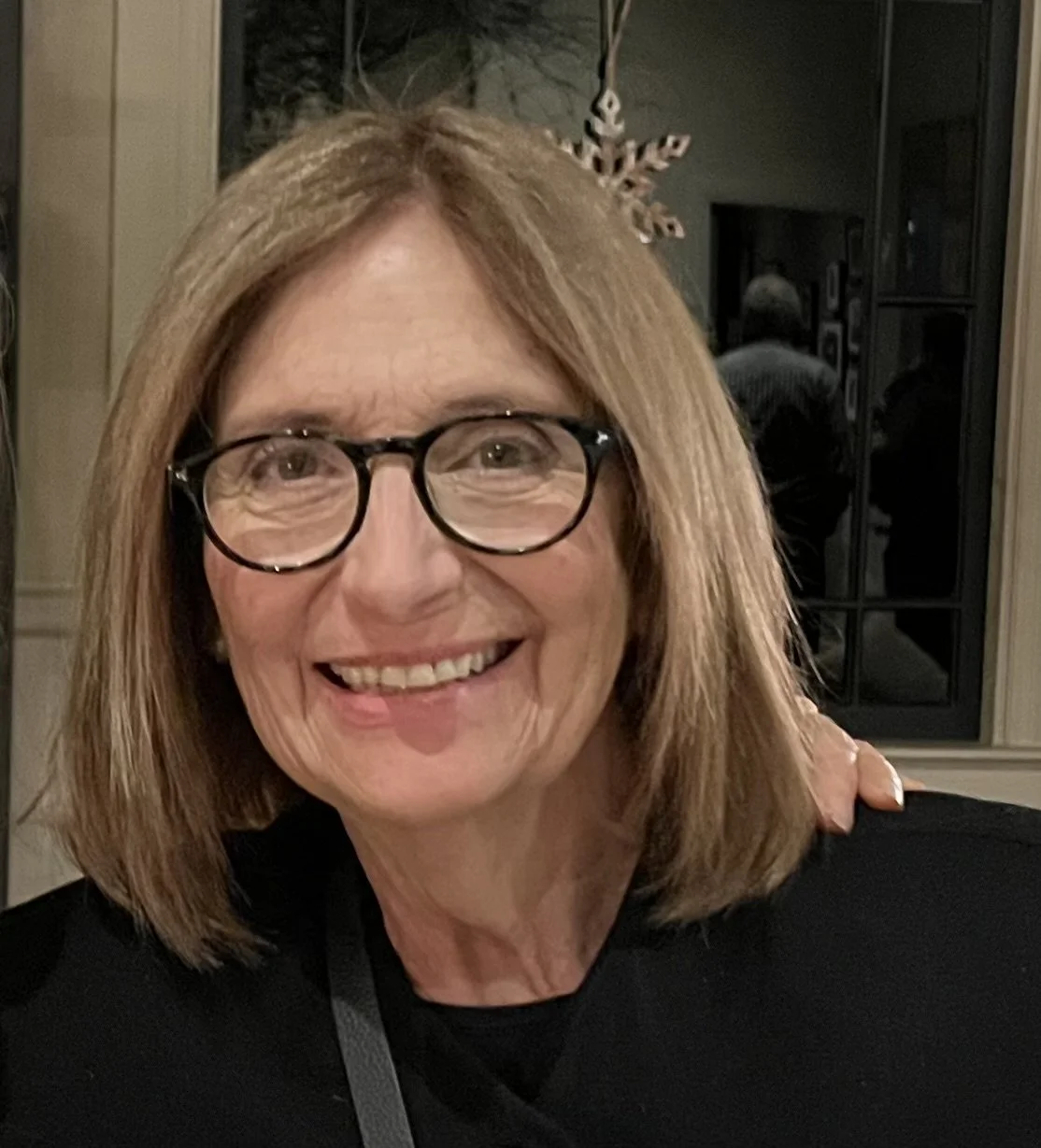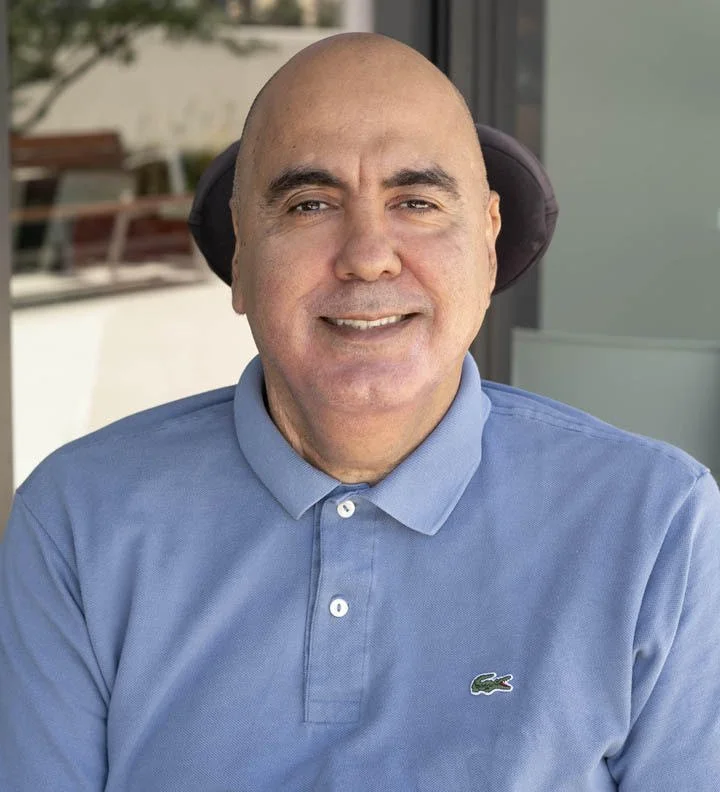
People with lived experiences driving health care improvement and equity.

The PFAnetwork is a nationwide community of patients, family caregivers, and community leaders reinventing healthcare through authentic partnerships. Our diverse lived experiences are critical to shaping healthcare policies, programs, and services that truly meet the needs of patients and their families. Authentic partnerships are the cornerstone of our mission.
“The PFAnetwork is the only place to learn how to be a better Patient Family Partner.”
•
"The PFAnetwork is partnership with a purpose"
•
“I had no idea I could do this kind of work!”
•
“The PFAnetwork is the only place to learn how to be a better Patient Family Partner.” • "The PFAnetwork is partnership with a purpose" • “I had no idea I could do this kind of work!” •
The PFAnetwork empowers people with lived experiences by offering Skills Development, Engagement Opportunities, and Community.
What our members are saying…
“As healthcare transforms, the best outcomes will come from a true collaboration of healthcare leaders, professionals, and teams working with patients. The PFAnetwork makes that collaboration work.”
- Joan
“Great way to share and improve!”
- Ray

PFAnetwork Opportunities Included…
• Diversity, Equity and Inclusion Working Group
• COVID-19 Vaccine Confidence Working Groups
• Research Teams
• Affinity Groups
• Speaking Engagements
• Core Compensation Skills Exchange
• Healthcare Measurement Basics for Advisors
• State Hospital Associations
• Hospital Patient-Family Advisory Programs
• Health IT Working Group
• Quality Improvement Basics for Advisors
• Translation Solutioning
• Federal Focus Groups
• Listening Sessions
• National Conferences
• Telehealth Implementation
• Quality Improvement Networks
• Payor Focus Groups
• Hospital Quality Improvement
• Community Virtual Convenings
• Regional Improvement Teams
• Data/Measurement Technical Expert Panels
...and more!
PFAnetwork Upcoming Opportunities

Authentic Community Engagement Is:
-
Authentic community engagement starts by valuing two things: the assets and strengths of a community and the experience and expertise of PWLE. All people bring multiple types of experiences and skillsets to the table. The more we invest into building relationships, the better positioned we are to understand the unique strengths of the people we work with and the communities we work within.
Practices that bring this to life:
Practice appreciative inquiry approaches to research, story sharing, and other community engagement work. Instead of only asking “what was difficult, what went wrong?” ask “what worked well, what has helped?”
Engage PWLE in community asset mapping projects.
-
Authentic community engagement respects PWLE as equal members of a diverse team.
It involves understanding the nuances and diversity of lived experiences and providing accommodations and pathways for engagement that are inclusive and accessible to all. By embracing diversity, organizations can foster a richer, more robust dialogue and ensure that all voices are heard.Practices that bring this to life:
Be intentional about diversity.5 Collect demographic data from people you work with in your community engagement initiatives and review this data routinely to understand if participation reflects the diversity of your community or service population.
Identify and address barriers to participation including accessibility, language, trust, and technology to ensure everyone has a seat at the table. This also supports equitable engagement.
-
Authentic community engagement meets people where they are – figuratively and literally. It requires organizations to engage with communities in the ways, times, places, and formats that work best for community members. Authentic community engagement can advance health equity as an outcome of the process, and it can center equity in the process itself.
Practices that bring this to life:
Hold meetings in locations that are familiar and convenient for community members.
Ensure PWLE have shared control of setting meeting agendas and setting priorities.
Create an organizational culture that recognizes the expertise of people with lived experience on par with other types of professional/educational credentials and experience.
-
Authentic community engagement should make a difference. Both organizations and community members should see community engagement as a strategy to make meaningful improvements to things they care about. Feedback loops ensure that community members clearly understand how their work and partnership has led to improvements.
To achieve the most meaningful change, community engagement should involve representatives who understand the issues and identities of the people being served. By designing solutions that address the most complex challenges, organizations can create positive ripple effects that benefit everyone.
Practices that bring this to life:
Utilize assessment tools to measure the impact of your community engagement work, making sure you consider the perspective of organizational partners and community members in determining if/how initiatives are having an impact
Integrate community engagement as a quality improvement strategy to increase access, lower cost, and improve patient experience and health outcomes.
-
Authentic community engagement should not be an afterthought or a mere sign-off after decisions have been made. Instead, it involves authentic partnerships with PWLE from the very beginning. By involving community members throughout the process, organizations can benefit from their insights, avoid tokenism, and ensure that decisions are made collectively. Community engagement should not only be integrated into the governance and decision- making processes of organizations, but it should also be continuous and ongoing.
Practices that bring this to life:
Develop initiatives across the spectrum of community engagement and across organizational functions and departments so there are ample opportunities for co-design.
Prioritize relationship-building so you have people to call on during any step of the process — this might just look like getting coffee to discuss a new program in early stages of design.
-
Authentic community engagement involves creating space that is beneficial not just
for organizations but also for the PWLE participating and the communities they represent. Both organizations and PWLE should have a shared understanding of the goals and scope of their work together, what each is expected to give, and what each is expected to get. Mutual benefit relates to the idea of impact but emphasizes the importance of benefit being experienced by both sides of the partnership – in the outcomes as well as the process.Practices that bring this to life:
Invest in the personal and professional development of all team members — including PWLE.
Be intentional about sharing the outcomes of your community engagement work across your organization, team, community, and with the PWLE who supported the work.
-
Authentic community engagement acknowledges and compensates PWLE for their time and expertise in an equitable manner. By formalizing their role as valued members of the team through contracts and fair compensation, organizations demonstrate their commitment to recognizing and valuing the contributions of PWLE. Organizations must also allocate the necessary time, staff, and financial resources to support genuine community engagement. By committing to the work required to achieve meaningful change, organizations can provide training and capacity-building opportunities for individuals traditionally excluded from decision-making processes.
Practices that bring this to life:
Provide fair, equitable, and flexible compensation for PWLE who partner with you.
Build community engagement into your organizational and program budgets — including materials, compensation for PWLE, transportation/translation/ childcare, and dedicated staff time from people with the skills, experience, and desire to build relationships with PWLE.
-
Authentic community engagement goes beyond project timelines. It involves building longer-term relationships that prioritize the health, hope, and well-being of the people and the community. It includes, but also goes beyond, trauma-informed approaches to partnership and engagement. By creating safe and empathetic spaces, organizations can foster trust, understanding, and a genuine concern for the overall welfare of the community.
Practices that bring this to life:
Change the default from doing to being. Focus less on what to do and more on how you do it.
Include healing techniques and modalities in your process of community engagement.
Take risks when it comes to prioritizing relationships. See what matters to the community — and value their skills and expertise.
-
Building trust is essential in authentic community engagement, as it is to all relationships. Organizations must follow through on commitments and close loops with honesty and transparency. Past harms experienced by communities should be acknowledged and repaired when possible. Recognizing that PWLE are the experts in their own lives and experiences, organizations should demonstrate commitment and authenticity throughout their engagement efforts by being open to hearing different perspectives and by adjusting their approaches based on feedback.
Practices that bring this to life:
Adopt a commitment to be a trustworthy partner to PWLE by demonstrating accessibility, approachability, empathy, honesty, respect and humility.
Be in it for the long-haul! Trust is built through relationships and ongoing interaction, not through transactional exchanges.
Community engagement is an ongoing process. While fully actualizing these nine dimensions of authentic community engagement is no small feat, each can be realized by taking small and actionable steps. By fully embracing these principles and practices organizations can build stronger connections, achieve more impactful outcomes, and create a more equitable future for all.

Your voice is essential in transforming health care.
Join us to catalyze change, transform the health care system, and make it better for the next person who needs it.
Stay up to date with PFAnetwork activities.
DISCLAIMER: By signing up, you agree to receive 4-6 emails each month from the PFAnetwork. You can unsubscribe anytime. We will never share your information.
“I had no idea I could do this kind of work!” Joan M.
You belong here.
To access engagement opportunities tailored to your unique passions and interests, complete the PFAnetwork Interest Questionnaire.
NOTE: PFAnetwork members who have completed this questionnaire are encouraged to submit a NEW questionnaire to keep us up to date on your interests.

PFAnetwork Member Spotlight
We’d like to spotlight two of our members that were recently published!
Michelle Rosser
In "Pain, Perseverance, and Patience: Michelle's Story," we delve into Michelle Rosser’s journey marked by resilience and hope in the face of significant challenges
Lawrence Lincoln
Lawrence Lincoln’s piece, “Finding A Place To Be Somebody” explores critical perspectives on managing life and healthcare complexities through a patient-focused lens.







